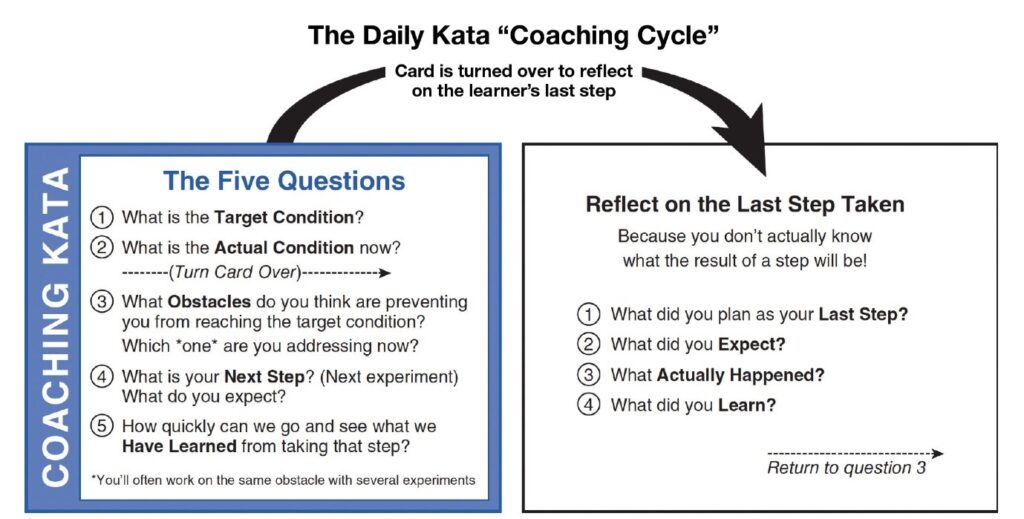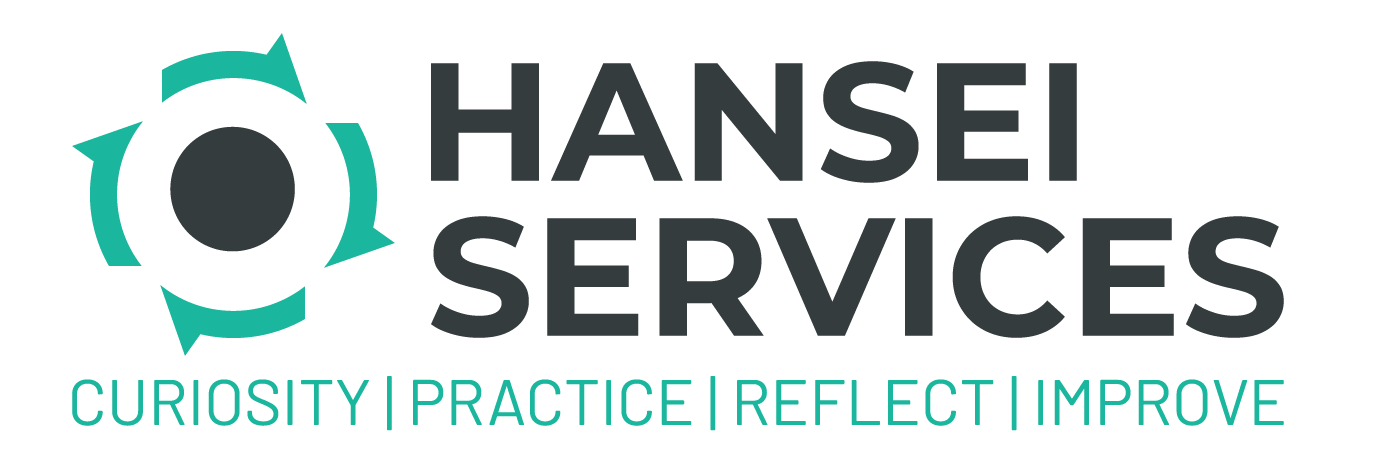The key to improvement and change is coaching, and learning. But this can often be feared and challenging for both the new coach and the coachee.
Social cognitive theory explains that that self efficacy is often a joint and complex interaction with other motivating factors, with human agency at the centre of this process (Savolainen, 2018; Bandura, 2006). Without the presence of self-efficacy or faith in oneself, there is little hope for action or the power to maintain or even initiate a course of action. Saltzer (1982) postulates that if either self-efficacy or outcome expectations are zero, then no behavior will occur. Self-efficacy, undoubtedly, plays a role in many cognitive processes. For example, studies have shown that higher self-efficacy is associated with better self-control and a growth mindset (Komarraju & Nadler, 2013; Dweck, 2007). Thus, coaches need to be able to support the building of self belief and capability in their people. One approach is Toyota’s Improvement Kata cycle and the accompanying coaching kata.

Social cognitive theory underscores an instructional approach that sees ability as a highly changeable and malleable trait that a learner can exercise considerable control over. Guided mastery is the primary vehicle in the development of ability. The beginning of skill development is associated with high levels of social support, in particular from observational learning from models or coaches. The second level is deliberate practice with guidance from an expert or teacher in the case of classroom settings. Then, as the student obtains self-regulatory skill, the teacher reduces social support, and the responsibility is shifted onto the learner (Bandura, 1986, 1993, Zimmerman, 2013). Experiences are organized and instruction is designed to help the learner develop increasing levels of self-efficacy and belief that they can exercise control over their own learning (Bandura, 1993). This suggests that the teacher or coach plays a key role in helping learners to self-regulate and become more and more self reliant. Hansei Services has experience in integrating improvement kata and coaching into global corporations. Contact us to find out more.





